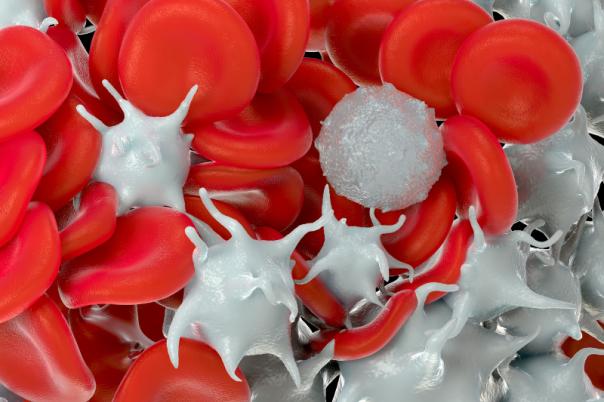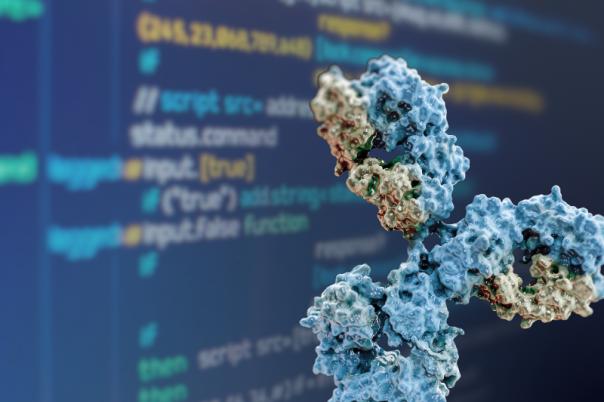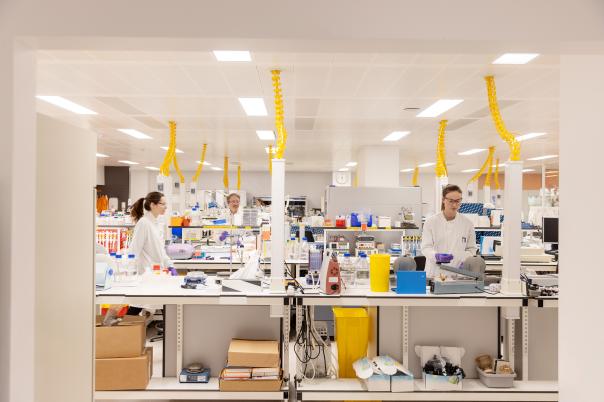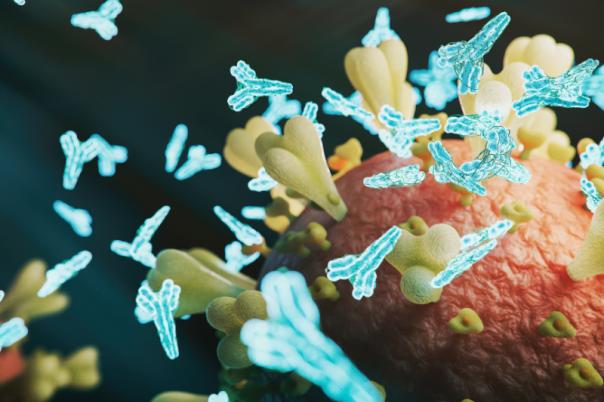This presentation outlines Centauri Therapeutics’ Alphamer platform, which takes advantage of natural anti-sugar antibodies present in all humans and primates. Anti-sugar antibodies are pre-existing, ubiquitous, high titer and perfused in all individuals. Alphamers use this part of the immune system recruiting these antibodies to the target cell. They are designed for high specificity and can leverage the immune system to effectively kill through complement, antibody dependant cytotoxicity, and opsono phagocytosis.
One end of the Alphamer features the targeting moiety which selectively binds to the target of interest and on the other end is the effector domain which presents the sugar to be recognised by anti-sugar antibodies. The two sides are connected by a stable, non-cleavable proprietary linker which optimises the presence of the sugar to the host immune system.
Centauri’s lead candidate is called ABX-01 which aims to treat serious infections caused by Gram-negative pathogens. The molecule is selected to work against clinically prevalent and multi-drug resistant bacterial strains. The sugar-end of the molecule uses Rhamnose as its effector moiety which drives its immune-mediated killing. ABX-01 also has a dual mechanism of action due to the fact that its binding moiety is simultaneously an antimicrobial peptide. This gives the molecule a broad spectrum and intrinsic antibacterial activity.
Bright then presented the molecule’s proof of concept study which used an immune competent mouse lung infection model. Mice were infected with Klebsiella pneumoniae and treated either in the presence or absence of anti-rhamnose antibodies (this could be controlled due to the fact that mice possess very few anti-rhamnose IgGs naturally). The mice were treated with the Alphamer for three days and followed up with for a further six days.
Alphamers showed promising results, with a survival rate of 70% when combined with anti-Rhamnose antibodies, outperforming the standard treatment Meropenem. When the mice received the Alphamer on its own, the survival dropped to 20%, suggesting some antimicrobial peptide activity.
The company is also exploring Alphamer technology for oncology, using mAbs and Fabs as binding moieties to enhance antibody-dependent cellular cytotoxicity. Studies show that Alphamers increase complement deposition on target cells, correlating with enhanced cytotoxic effects compared to standard antibodies.
The Alphamer technology represents a novel approach in immunotherapy, with ongoing development and a differentiated pipeline addressing both infectious diseases and cancer.






